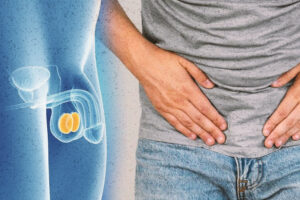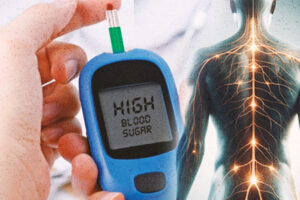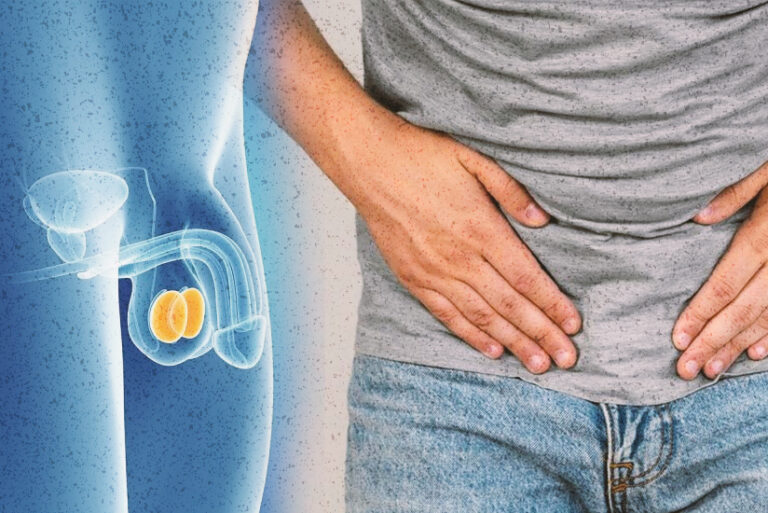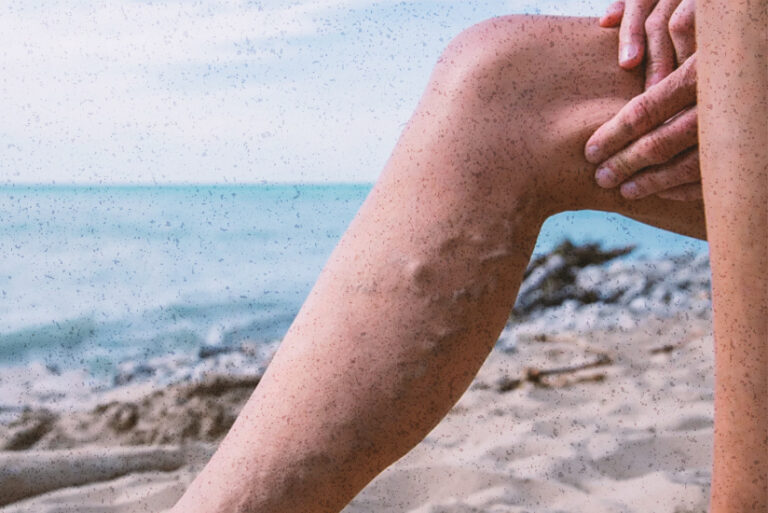Text and Photos by Henrylito D. Tacio
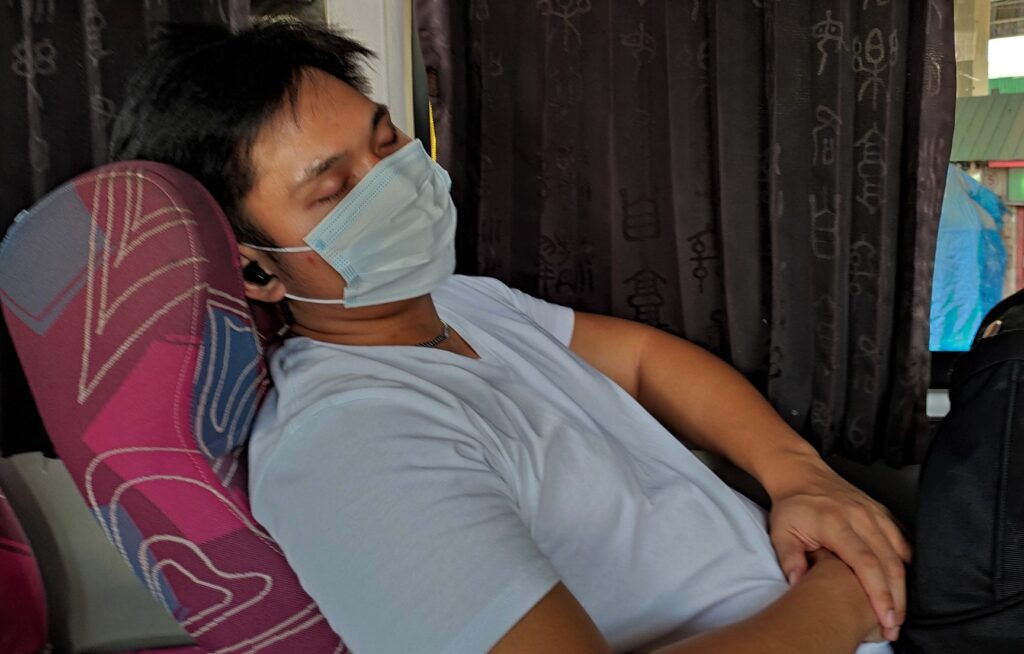
“The vigorous are no better than the lazy during one half of life, for all men are alike when asleep,” Greek philosopher Aristotle, one of the most influential thinkers of the ancient world, once said.
To which English poet, essayist and critic added: “Oh sleep! It is a gentle thing, beloved from pole to pole.” William Shakespeare, one of the giants of world literature, penned: “Sleep that knits up the ravell’d sleeve of care.”
“Sleep is an acquired habit,” commented American inventor Thomas Edison. “Cells don’t swim. Fish swim in the water all night. Even a horse doesn’t sleep. A man doesn’t need any sleep.” Science fiction writer Isaac Asimov agrees when he once said, “I never use an alarm clock. I can hardly wait till five A.M. In the army, I always woke before reveille. I hate sleeping. It wastes time.”
Quotable quotes from these famous people come to mind as the world carries awareness activities about sleep as a human privilege that is often compromised by the habits of modern life.
World Sleep Day, celebrated since 2008, was founded by the World Association of Sleep Medicine and World Sleep Federation. Celebrated this year on March 18, its theme is: Quality Sleep, Sound Mind, Happy World.”
The awareness campaign aims to lessen the burden of sleep problems on society through better prevention and management of sleep disorders.
“Time and time again, sleep medicine professionals and researchers came up against the belief that sleep was not important enough in personal health and well-being to be a top priority,” the organizers explain. “That coupled with society’s 24/7 flow, we aim to celebrate the importance of healthy sleep.”
Indeed, sleep is a subject matter that no one pays attention to. That’s why author George Carlin wonders. In his book, Brain Droppings, he wrote: “People say, ‘I’m going to sleep now,’ as if it were nothing. But it’s really a bizarre activity. While the sun is gone, I’m going to become unconscious, temporarily losing command over everything I know and understand. When the sun returns, I will resume my life.”
Sleep catches the attention only if a person has trouble sleeping. As J.M. Coetzee wrote in Waiting for the Barbarians: “Sleep is no longer a healing bath, a recuperation of vital forces, but an oblivion, a nightly brush with annihilation.”
It has been said that we spend one-third of our lives sleeping. So, how much sleep do we need each night? “The amount of sleep you need depends on various factors – especially your age,” explains Mayo Clinic’s Dr. Eric J. Olson.
While sleep needs vary significantly among individuals, Dr. Olson presented general guidelines for different age groups. Infants 4 months to 12 months old need 12-16 hours per 24 hours, including naps. One to two years old kids need 11-14 hours per 24 hours, including naps.
The recommended amount of sleep for 3 to 5 years old kids is 10-13 hours per 24 hours, including naps. Children 6-12 years olds need 9-12 hours per 24 hours while 13-18 years olds need 8-10 hours per 24 hours.
For adults, the recommended amount of sleep is 7 or more hours a night.
Weight gain
What happens if you sleep too little? One possible consequence is that you may gain weight. “Research suggests an association between sleep restriction and negative changes in metabolism,” says Mayo Clinic’s Dr. Katherine Zeratsky.
“In adults, sleeping four hours a night, compared with 10 hours a night, appears to increase hunger and appetite – in particular for calorie-dense foods high in carbohydrates,” Dr. Zeratsky further explains. “Observational studies also suggest a link between sleep and obesity. Other studies have found similar patterns in children and adolescents.”
Hypertension
High blood pressure is another problem that may arise if you sleep less. “Getting less than six hours of sleep is known to be bad for your overall health,” says Mayo Clinic’s Dr. Francisco Lopez-Jimenez. “A regular lack of sleep may lead to high blood pressure in both children and adults.”
The less a person sleeps, the higher his or her blood pressure may go. “People who sleep six hours or less may have steeper increases in blood pressure,” Dr. Lopez-Jimenez says. “If you already have high blood pressure, not sleeping well may make your blood pressure worse.”
Studies show sleep helps the body control hormones needed to regulate stress and metabolism. Over time, a lack of sleep could cause swings in hormones, leading to high blood pressure and other risk factors for heart disease.
Smoking
Among the problems that arise from smoking include sleep fragmentation, insomnia, snoring and sleep apnea.
“Sleep issues associated with cigarette smoking are largely attributed to nicotine, which is the active ingredient in tobacco products,” writes Dr. Brandon Peters for the website verywellhealth.com.
Nicotine has stimulant properties that are thought to be responsible for insomnia and other potential sleep problems associated with smoking. Smoking has been found to increase the likelihood and severity of both snoring and sleep apnea.
Taking a bath before sleeping
Research shows that taking a warm shower or bath daily can help you fall asleep faster. “During the warm shower, your body heats up thanks to the water,” writes tuck.com’s Keith Cushner. “Then, when you get out of the shower, the water quickly evaporates from your skin, cooling you down – and signalling to your brain that it’s time to sleep.”
When taking shower, the temperature matters. Experts recommend that a lukewarm shower 60 to 90 minutes before bed is best. “While cold and hot showers have their own benefits, they’re not ideal for sleep,” reminds Cushner.
Drinking coffee
Drinking a moderate amount of coffee regularly has a positive effect on the cardiovascular system, digestion, and the brain. But drinking coffee late in the day can actually cause sleep disorders.
Your body is made up of cells, each with their own circadian rhythm. The gears are humming along, and as the sun goes down, they start to shift to prepare the body for rest. But wait, you drink coffee after a heavy dinner.
“As the delicious liquid floods your body, it passes by each cell and wakes it back up,” writes homegrounds.co’s Alex Mastin. “So, for the next few hours or so, your cells are back to work, keeping you awake and providing you all the nutrients you need to stay awake.”
Eating before going to bed
Whether you should eat before bed – defined as between dinner and bedtime – has become a top topic in nutrition. Aside from contributing to indigestion and sleep problems, it may make you fat, too.
“Going to sleep directly after you eat means your body does not get a chance to burn off those calories,” explains the website of the University of Pittsburgh Medical Center.
Experts suggest that you eat your dinner early. “As a general rule, nutritionists will tell you to wait about three hours between our last meal and bedtime,” writes Dr. Brandon Peters for verywellhealth.com. “This allows digestion to occur and the contents of your stomach to move into your small intestine.”
Exercise
The relationship between exercise and sleep has been extensively studied. “Exercising improves sleep for many people,” writes Danielle Pacheco for the Sleep Foundation. “Specifically, moderate-to-vigorous exercise can increase sleep quality for adults by reducing sleep onset – or the time it takes to fall asleep – and decrease the amount of time they like to stay awake in bed during the night.
Exercise can also improve sleep in indirect ways. Moderate-to-vigorous physical activity has been found to decrease the risk of excessive weight gain, which in turn makes that person less likely to experience symptoms of obstructive sleep apnea.
Having sex
Sex makes you sleepy. This is due to the hormone oxytocin, touted as “the love hormone.” According to Dr. Amer Khan, an American neurologist and sleep specialist, the release of oxytocin has been stated to occur in conjunction with feelings of affection and affectionate or sensual touch, leading to a feeling of pleasant well-being and relief from stress.
“Other hormones, such as dopamine, prolactin, and progesterone, have been implicated in affecting the mind with a sense of relief, relaxation, and sleepiness following the act of satisfactory sex,” Dr. Khan told Healthline.com’s Brian Krans. – ###


